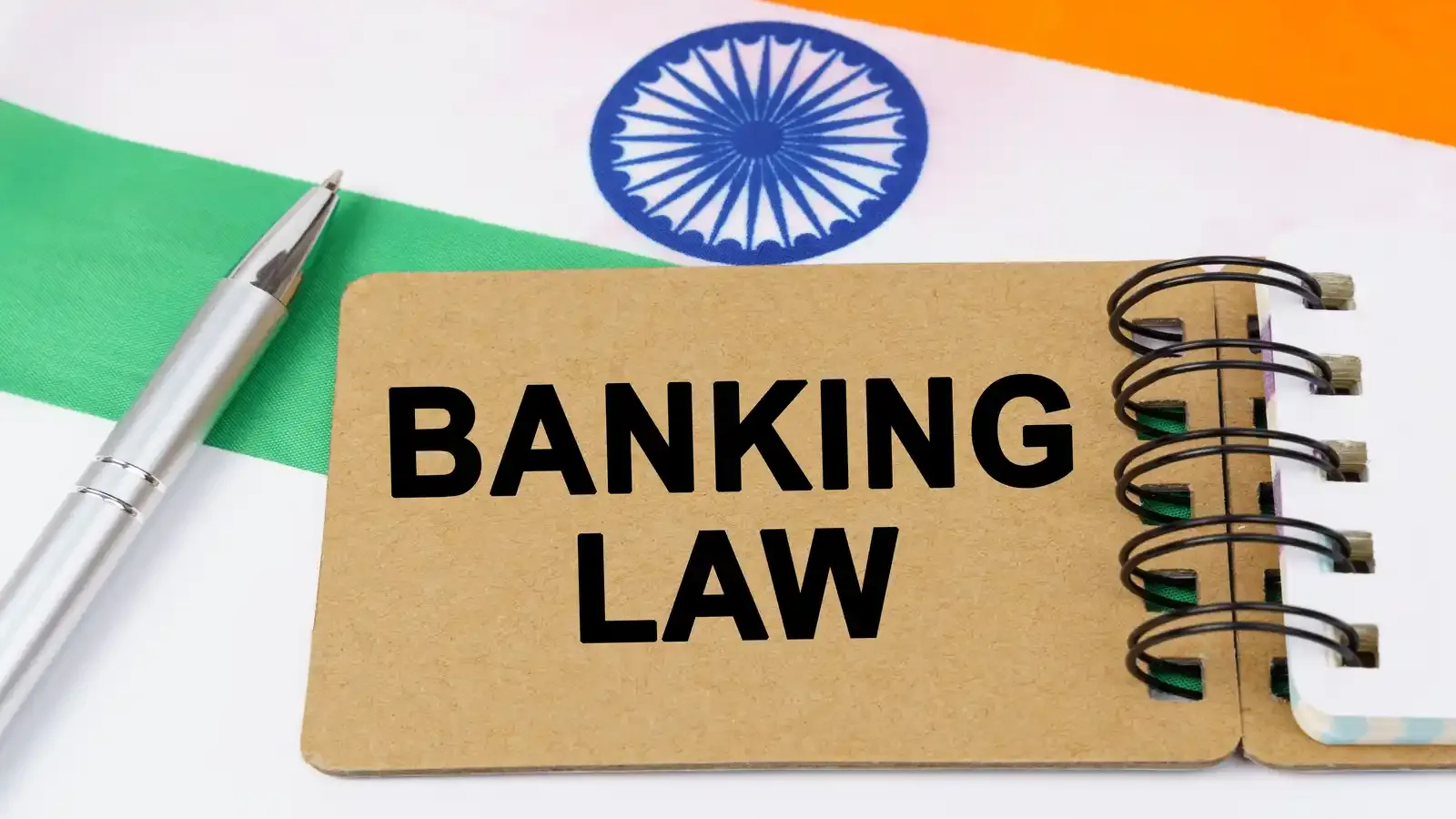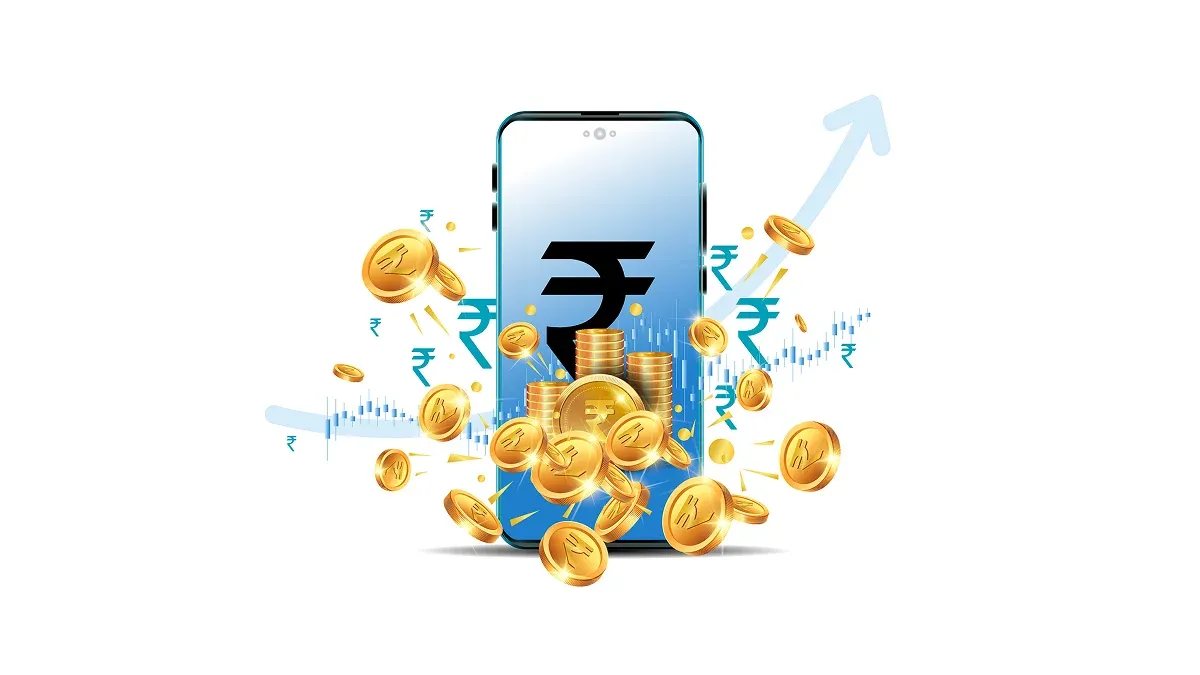Digital Personal Loan Vs Traditional Personal Loans: Pros and Cons
Written by Mariyam Sara
Published on November 13, 2025 | 2 min read

Personal loans are becoming a go-to for individuals facing financial emergencies. These loans are unsecured and require no collateral. Personal loans are availed solely based on your credit score, which represents the candidate’s creditworthiness.
With technological advancements, today you can avail a personal loan online within minutes. But what’s better? Taking a personal loan online or going through the traditional route?
What Are Digital Personal Loans and How Do They Work?
Digital personal loans are credit products that can be availed online. The entire loan procedure from loan application to closure is done online. The candidate has to visit the lender's web portal or download a mobile application to apply for a personal loan online.
The KYC process, submission of documents, loan approval, signing the loan agreement and fund disbursal are done digitally. EMI payments and prepayment of personal loans are also done online. Basically, the whole process is executed online without having to physically visit the lender’s office.
Pros of Digital Personal Loans
Here are the pros of digital loans
Convenience
Digital personal loans can be availed online within minutes, making it convenient for individuals in urgent need of financial aid. You can skip the long queues and complex paperwork and avail your personal loan in a day.
Quick Loan Approval & Disbursement
Since the end-to-end loan procedure is executed online, your personal loan applications are approved and disbursed quickly, provided that all the documents are accurate and complete.
Compare Lenders & Their Offers
As you don’t have to physically visit lenders to find out their interest rates and processing fees, you can easily compare multiple vendors and their offers. This helps you make informed decisions that resonate with your financial situation.
Minimum Documentation
Compared to traditional loans, digital loans require less documentation and digitally access your financial data. Online leaders carry out a digital verification, eliminating the need for extensive paperwork.
Flexible Repayment
When you avail a digital personal loan, you have the option to choose interest-only EMIs and step-up EMIs, where your EMI payments gradually increase. This helps you plan your repayment strategy so you can become debt-free as quickly as possible.
Cons of digital personal loans
Here are the cons of availing digital personal loans
Hidden Terms and Conditions
Certain lenders have some hidden terms and conditions in their fine print which is often ignored by candidates. It’s recommended that you read the loan agreement carefully before signing it.
Fraudulent Lenders
Many people opt for online personal loans in times of emergencies and there are some fraudulent lenders online who take advantage of this. Such lenders charge exorbitant processing fees and high interest rates on personal loans to trap vulnerable people. So avail a loan from lenders registered with the Reserve Bank of India (RBI).
Data Security Issues
Sharing your sensitive information and financial data online can lead to data breaches or identity theft. You must do your due diligence before choosing a lender.
No Personal Guidance
There is no face-to-face interaction with loan officers, which is a con for people who require guidance or personal assistance when applying for a personal loan.
Evolving Regulatory Landscape
The concept of digital personal loans is still relatively new, hence, the regulatory environment for them is still evolving. The laws may differ from one jurisdiction to another, making it challenging for borrowers to get legal aid.
What Are Traditional Personal Loans and How Do They Work?
Traditional loans have been around for decades, and there are credit products offered by established banks and Non-Banking Financial Companies (NBFC). You have to physically visit their branches or their official website to apply for a loan.
When you apply for a traditional loan, you have to physically visit the loan officer, manually fill out paperwork and wait for a manual review.
Pros of Traditional Personal Loans
Here are the pros of availing traditional personal loans.
Higher Loan Amount
Established banks and NBFCs offer a higher loan amount up to ₹40 Lakhs, whereas digital personal loans offer only a maximum loan of ₹10 Lakhs.
Lower Interest for Candidates with High Credit Scores
Candidates with high credit scores can avail a personal loan with lower interest rates and can negotiate on the loan terms. This is because such candidates have proved their creditworthiness, which lowers the lender’s risk.
Trusted Lenders
When you avail a personal loan from your bank, you have some sense of security due to a long-term relationship with the bank. And if anything goes wrong, you can visit the bank directly to sort out your issues.
Personal Guidance
When you opt for a traditional personal loan, you get personal assistance and guidance from the bank representatives. This is a big advantage for people who are availing a loan for the first time.
Cons of Traditional Personal Loans
Here are the cons of availing traditional personal loans.
Slow Loan Approval
Since your personal loan application is manually reviewed, it may take days or weeks to get approval.
Tedious Paperwork
You need to fill out a bunch of forms when applying for a personal loan and provide hard copies of various documents whenever you visit the bank.
Little to No Customization
Unlike digital personal loans, banks have standard credit products that allow little to no customization.
Strict Eligibility Criteria for Candidates
Due to the high loan amount, banks require candidates to have good credit scores and proof of stable income to sanction a loan.
If you’re availing a personal loan for the first time, it's better to take the traditional route despite the cons, as it’ll help you understand the process. If you need funds urgently, you can opt for a digital personal loan.
About Author
Mariyam Sara
Sub-Editor
holds an MBA in Finance and is a true Finance Fanatic. She writes extensively on all things finance whether it’s stock trading, personal finance, or insurance, chances are she’s covered it. When she’s not writing, she’s busy pursuing NISM certifications, experimenting with new baking recipes.
Read more from MariyamUpstox is a leading Indian financial services company that offers online trading and investment services in stocks, commodities, currencies, mutual funds, and more. Founded in 2009 and headquartered in Mumbai, Upstox is backed by prominent investors including Ratan Tata, Tiger Global, and Kalaari Capital. It operates under RKSV Securities and is registered with SEBI, NSE, BSE, and other regulatory bodies, ensuring secure and compliant trading experiences.

























